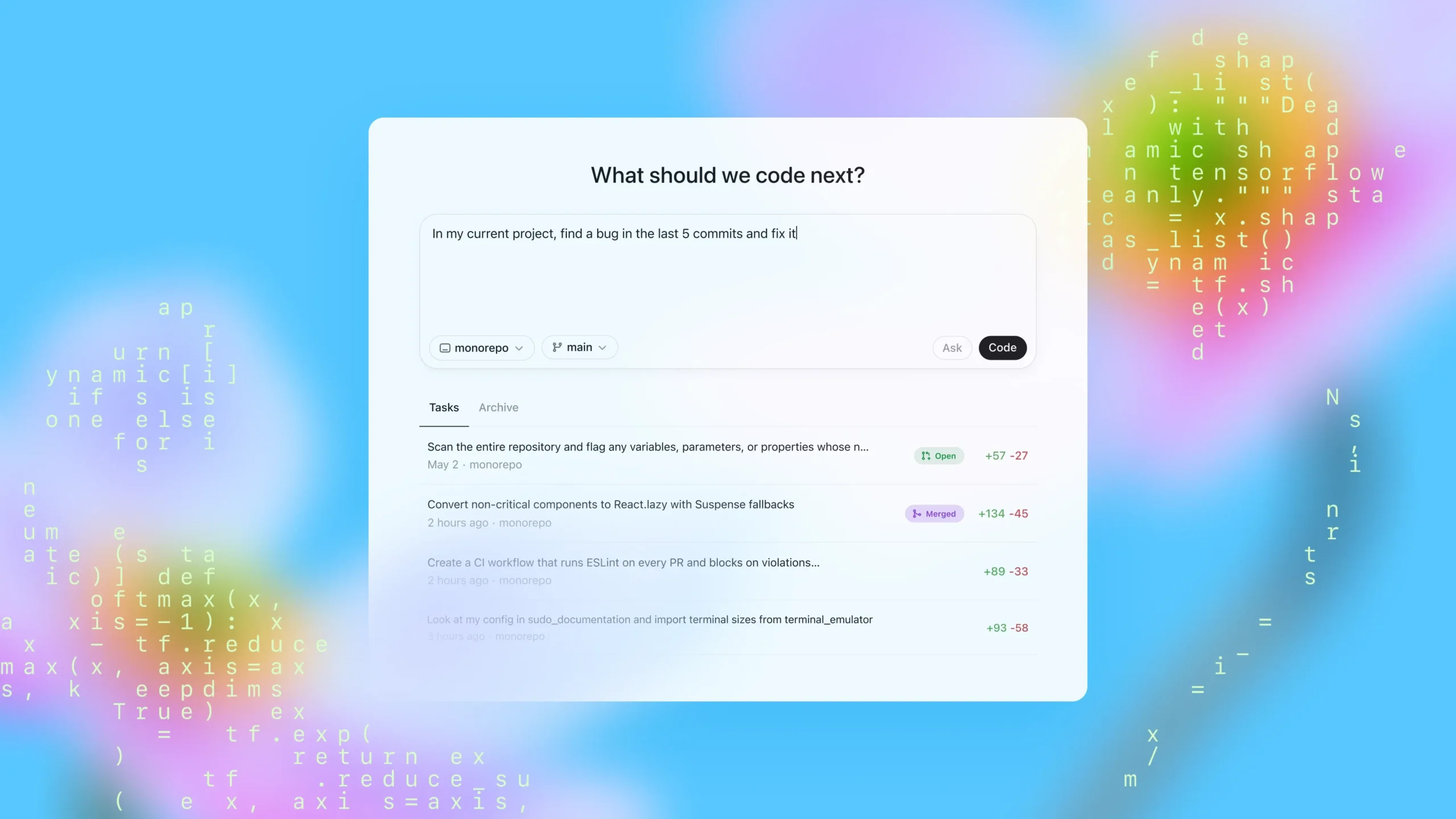Introduction to OpenAI Codex
On August 10, 2021, OpenAI unveiled Codex, an advanced artificial intelligence system that is set to revolutionize the way programmers approach coding. Built on the same foundational principles that made GPT-3 a sensation, Codex is designed specifically to interpret natural language inputs and convert them instantly into programming code. This innovative tool stands to reshape the landscape of software development, making coding accessible to a broader audience and assisting even the most experienced developers.
What is OpenAI Codex?
OpenAI Codex is an AI model that has been trained on a vast array of publicly available code from GitHub and other coding repositories, along with a diverse set of documents in various programming languages. This extensive training allows Codex to understand natural language queries and generate contextually appropriate code snippets or entire functions as responses.
At its core, Codex operates not just as a coding language interpreter, but as a creative coding partner, suggesting solutions that programmers might not have considered. With the ability to understand commands in plain English and provide corresponding executable code, Codex has significant implications for developers of all experience levels, from beginners to seasoned experts.
The Technology Behind Codex
Codex is built upon the latest advancements in deep learning and natural language processing. It leverages the Transformer architecture, a popular model type for handling sequential data such as text. By fine-tuning this architecture with millions of code examples, Codex learns nuances of programming languages, enabling it to generate code with contextually rich understanding.
The power of Codex lies in its comprehensiveness. It can write code in over a dozen programming languages, including Python, JavaScript, Java, and more, adapting its syntax according to the specific requirements of the task at hand. Users can interactively ask Codex to perform various tasks, such as creating web applications, automating simple tasks, or even debugging existing code.
How Codex Works
Using Codex is straightforward and intuitive. Developers can integrate it into their existing coding environments like Visual Studio Code through the GitHub Copilot extension, turning their usual coding workflow into a collaborative process with AI. Codex allows users to write comments or queries in natural language, which it then clarifies and translates into code. For example, a user might write, ‘Create a function that sorts a list’, and Codex will generate the relevant code snippet automatically.
This interactive coding assistant not only helps accelerate the coding process but also serves as an exceptional learning tool for novices. By observing how Codex responds to natural language requests with actual code, beginners can learn practical coding techniques and best practices.
Addressing Challenges in Programming
One of the greatest challenges in software development is managing complexity. As projects scale, the intricacies involved can overwhelm even the most capable teams. Codex aims to alleviate this burden. By automating repetitive tasks and providing insights into coding best practices, it allows developers to focus on creative problem-solving and high-level design.
Moreover, Codex can assist in documentation, offering explanations for functions and code blocks, thereby improving code readability. This aspect is crucial, as clear documentation is often overlooked, yet essential for maintaining large codebases.
Implications for the Programming Landscape
The introduction of Codex is a game changer for the programming ecosystem. For new programmers, it lowers the barrier to entry, making it easier to learn coding in a hands-on manner. With Codex’s assistance, novices can tackle real-world projects without needing to memorize every syntax detail from day one.
Conversely, for experienced developers, Codex acts as a powerful ally in troubleshooting and optimizing code, allowing them to maintain productivity levels in an increasingly fast-paced environment. By helping to oversee routine tasks, it enables developers to allocate their time toward innovation and domain-specific challenges.
A Broader Reach for Non-Programmers
One of the most intriguing aspects of Codex is its potential to empower non-programmers. Business analysts, project managers, and other professionals can leverage Codex to automate simple tasks or generate scripts they need without requiring extensive programming knowledge. This democratization of coding could lead to an increase in technical fluency among professionals in various fields, fostering a more integrated approach to tech and business.
Ethical Considerations
While Codex presents immense opportunities, it also raises pertinent ethical questions. The automated coding process could potentially result in unintended consequences, such as generating insecure code or perpetuating bugs if users are not discerning. OpenAI acknowledges these challenges and is committed to ongoing research to minimize risks associated with AI coding technologies.
The organization actively encourages users to engage with Codex responsibly, emphasizing the need for human oversight. Developers are reminded that Codex, while powerful, is a tool intended to augment human creativity and problem-solving, not to replace it.
Availability and Future Developments
OpenAI made Codex available through its API, enabling developers to integrate AI capabilities into their own applications. Additionally, Codex powers GitHub Copilot, which provides users with code suggestions right within their text editor, enhancing real-time coding experiences.
Looking ahead, OpenAI plans to build on the capabilities of Codex, incorporating user feedback to refine its performance continuously. New updates and features will likely emerge that expand the scope of Codex’s application, making it an indispensable part of the software development toolkit.
Conclusion
OpenAI’s Codex is poised to transform the realm of programming, offering an unprecedented fusion of artificial intelligence and software development. By providing real-time coding suggestions and automating routine tasks, Codex not only empowers developers but also democratizes coding for future generations. As we continue advancing into a tech-driven future, AI tools like Codex will shape how we create software, enabling a more innovative, inclusive, and efficient programming landscape.
As we embrace these changes, it’s essential to balance the use of AI in programming with ethical considerations and a commitment to improving our coding practices. Codex represents not just a technological advancement but an evolution in how we interact with code, creating exciting possibilities for all of us in the digital age.







